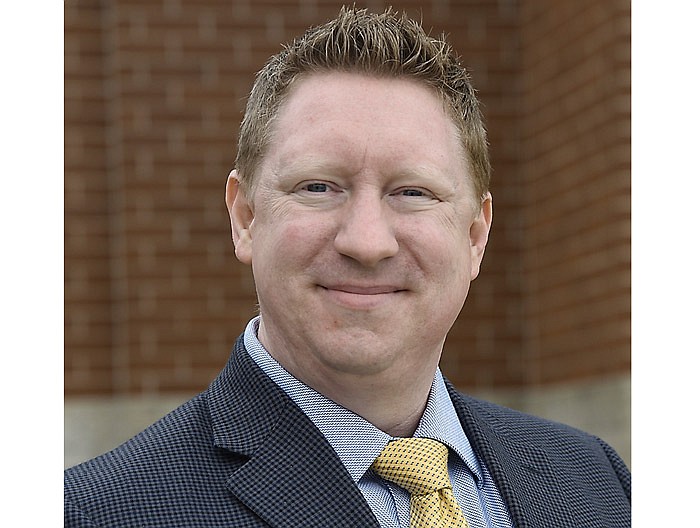As the legislative session heats up, there is again talk about how to best "fix" public education. Every time I hear this particular phrase, I think of my two daughters, Sophia and Abigail. They love each other very much, but occasionally as kids do, they argue, something gets broken or misplaced, and then I end up interrogating them under a swinging light.
When I ask for an explanation of what happened, they both shrug and say "I dunno." It figures - it's probably what I deserve, but I think the parallel is clear.
It seems every time certain folks want to talk about "fixing" public education, no one wants to take responsibility for actually breaking what was once a fully functioning system, they just want the microphone when it comes to proposing how to put the pieces back together.
I have served on your local board since 2014 and have colleagues on boards from around Missouri who have served their school districts far longer than I have yours, yet whenever we meet and discuss what's going on in our respective districts, the same three areas are always brought up.
Improving public education comes down to three S's, and seeking answers to the right questions, it seems.
Standards: I have never met a quality public school educator or school board member who is afraid of accountability or standards. Quite the opposite - they thrive on them and use them to evaluate their impact upon students. All they typically ask for is the standards to be fair and not be used to win a great big game of "gotcha," either locally or in the statehouse. If we really want to "fix" public education, we have to stop politicizing the very standards we use to determine whether student growth occurs and if our educators are succeeding. Boring I know, but just ask a teacher. It's important.
Spending: Benjamin Franklin was quoted as saying "the only thing more expensive than education is ignorance." That's probably true. Let's be honest - public education isn't cheap, but I believe in making wise investments when the opportunity arises. Clearly so do many of you, because propositions J and C passed overwhelmingly last April. Sadly though, that's not the case everywhere. The level of state funding for public education is partially dependent on lottery ticket sales. We still rely on local PTAs to fundraise until there aren't any mums or tubs of cookie dough left in the western hemisphere, and when $15 million in school transportation funding is withheld one year and $2 million of that is potentially reversed the next, it's spun as a "funding increase" for public schools. Hooray. Meanwhile, there's a third-grade teacher grading papers in her classroom until 10 p.m. at night; a principal, counselor or coach driving an at-risk student home because a parent didn't pick them up; a high school English teacher working over the weekend trying to figure out how to make his lessons more engaging, and countless others working their fingers to the bone in service to their community and our kids. They don't get the luxury of spin, and they deserve better.
Support: Money won't solve everything, and if we're serious about "fixing" public education, then it begins with each one of us. Even more important than funding, public educators deserve respect and support, and that begins at home. We need to ensure our children work hard for and respect their teachers, regardless of how they or we as parents feel about a decision they made. Besides, that's a job skill the kids will need, unless you enjoy having them in your basement well after graduation. Open communication and a little bit of patience (along with a nice note every now and then) also goes a long way to making sure kids have a great school year. After all, could I do what my child's teacher, principal, counselor or school nurse does all day? Could you? Working in public education is hard, and succeeding is harder. It isn't the same celebrated profession that it used to be. That's both wrong and easy to fix.
As to the right questions to seek answers to, the most important question for you and me to answer is what will we do as parents to make it better? The questions every elected official who supports expanding charter schools should ask themselves are the same ones good school board members ask before casting a vote: Have I personally done all I can, and if I have, is this the best thing for kids and teachers? Focus on the three S's and seek answers to the right questions, and we'll all go a long way toward fixing public education.
Steve Bruce is the president of the Jefferson City Board of Education. His perspective is published monthly on the editorial page of the News Tribune.

